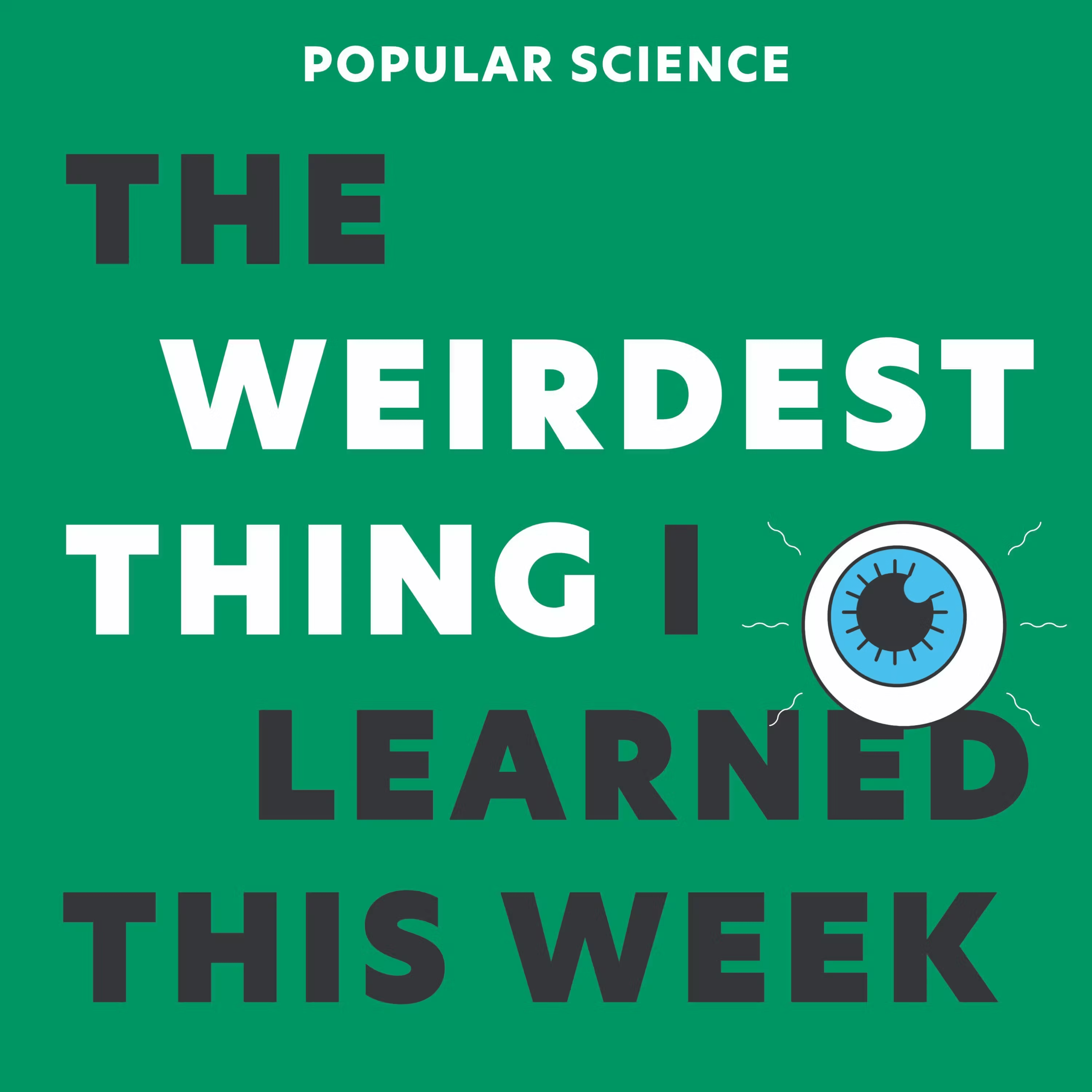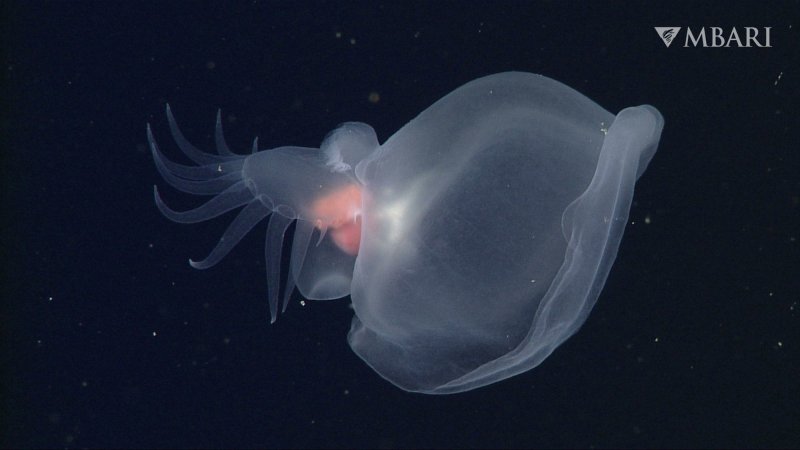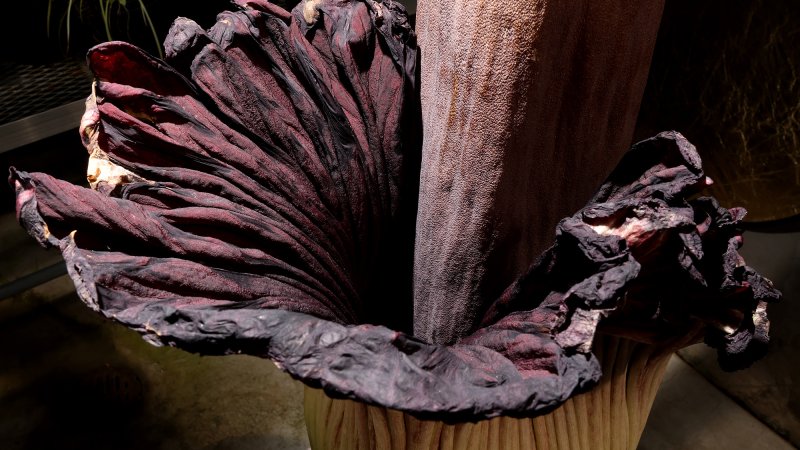Popular Science. Demystifying the worlds of science and technology since 1872.
Latest News
-
Technology
The battle against fatbergs has a new weapon

What causes you to jolt awake right before falling asleep?
Hypnagogic jerks are as common as they are mysterious.


Kevin Lieber
Popular Science on YouTube is a laboratory of stories from the future, past, and present. It’s like a time travel learning machine—in video form.
For 150 years, we’ve documented humans launching themselves head-first into an unknown tomorrow and that’s where the inspiration for our videos originates.
Tag along as Kevin dusts off vintage technology, unravels the most compelling tales in science history, and dives deep on topics that’ll have you in jaw-on-the-floor disbelief.
Tune in, subscribe, and reignite your enthusiasm for our incredible, complicated world.
See you in the future…

The forgotten technology that made YouTube possible
In 1987, the Videonics DirectED seemed groundbreaking, so what happened to it?

Science says superstitions can have a very real impact on your life
Plus other weird things we learned this week.

Rachel Feltman
At Popular Science, we report and write dozens stories every week. And while a lot of the fun facts we stumble across make it into our articles, there are lots of other weird facts that we just keep around the office. So we figured, why not share those with you? Welcome to The Weirdest Thing I Learned This Week.

Invasive species spell trouble for New York’s beloved tap water
Zebra mussels, hydrilla, and now a waterflea have made their homes in New Croton Reservoir.

Endangered newborn siamang gibbon is a ‘sign of hope’
These lanky primates are known for their long swings and boisterous duets.

New deep-sea slug catches crustaceans like a Venus fly trap
It’s the first known sea slug that swims through the ocean’s midnight zone.

Scientists crack the mystery of why the corpse flower smells like death
On a chemical level, it is similar to rotting meat.

How do you save a rainforest? Leave it alone.
Research shows that, instead of replanting rainforests, allowing them to bounce back naturally would store loads of carbon.

14 dramatic moments from the 2024 Nature’s Best Photo Awards
A mother tiger, feisty foxes, and wildflower fireworks.

Psychotropic medications and high heat don’t mix
Common drugs for anxiety, depression and other mental health issues can wreak havoc on the brain’s ability to regulate heat. One researcher said they disrupt ‘the thermostat of the body.’
























